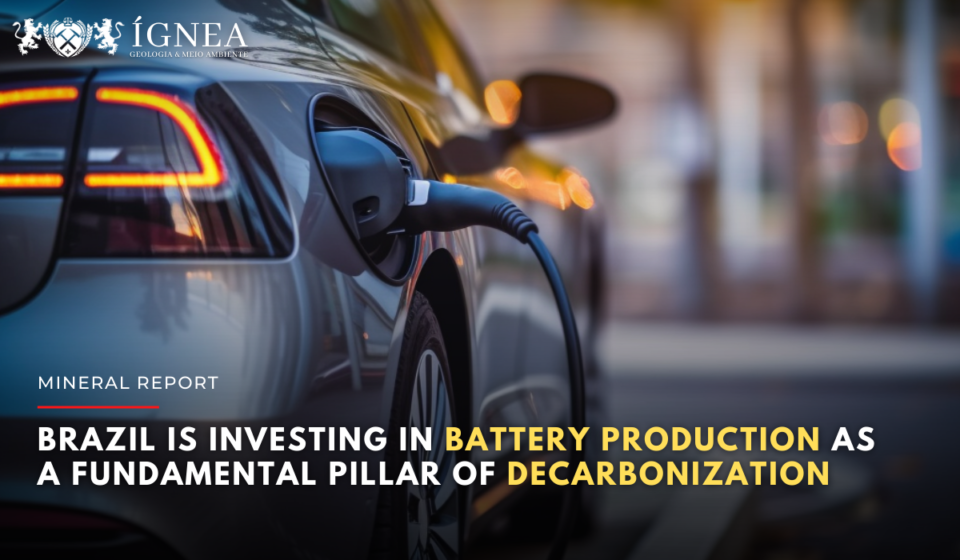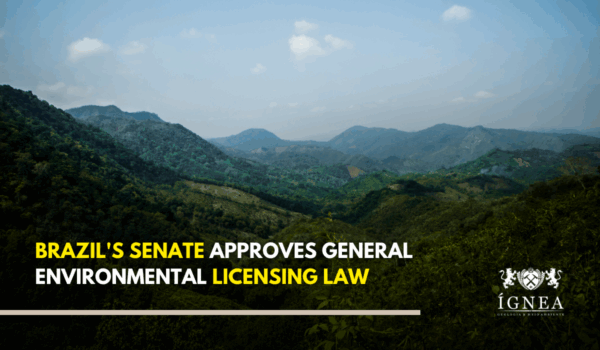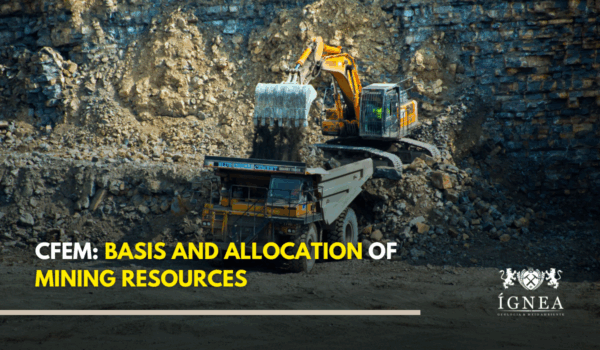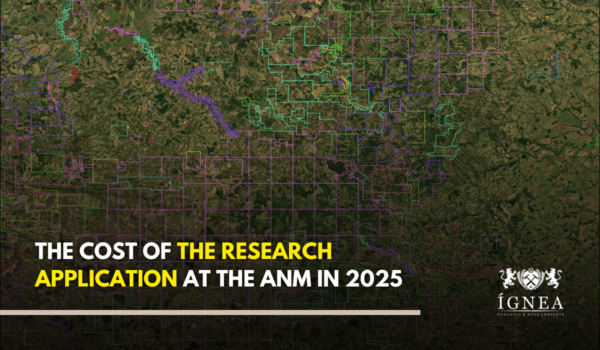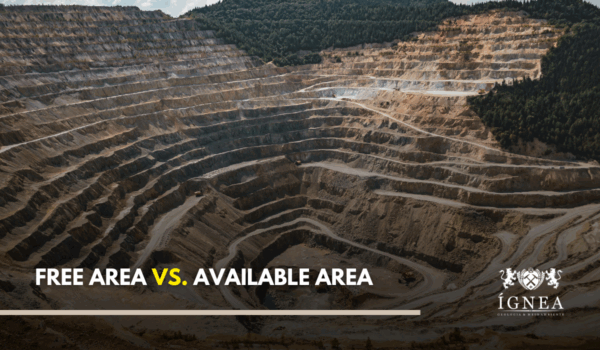The federal government recently announced the inclusion of battery production as one of the main priorities in its decarbonization strategy. This measure was established during the first meeting of the National Council for Industrial Development (CNDI), an interministerial board that was reinstated by the Lula administration after being dissolved for seven years.
During the meeting, the executive committee of the CNDI outlined seven major areas of action, called “missions,” which will serve as guidelines for the formulation of future industrial policies. These areas represent strategic sectors that the government intends to prioritize in order to promote the nationalization of production chains and technological mastery in the country.
“The discussion with the productive sector, organized based on social missions, will allow the design of a modern and state-led public policy that serves as a guide for the actions of the entire country, generating positive synergies,” stated Verena Hitner, the executive secretary of the CNDI
The “mission” titled “Decarbonization of Industry, Enabling Energy Transition, and Bioeconomy” presents the following priorities for production chains:
- Construction of regional value chains and productive integration with neighboring countries, including strategic minerals such as lithium.
- Development of the lithium production chain and related equipment, with a highlight on the launch of the Lithium Valley in Minas Gerais.
- Promotion of domestic production and leading companies in vehicles and transportation parts aligned with the new technological pathways of the green economy.
- Promotion of sustainable infrastructure for productive integration.
It is important to note that the executive committee of the CNDI is exclusively composed of the federal government, while the council includes representatives from the market and civil society.
The CNDI is chaired by the Ministry of Industry and Commerce, currently led by Geraldo Alckmin (PSB), and includes the participation of the Chief of Staff’s Office and the General Secretariat of the Presidency.
In addition, the federal government is preparing to launch a package of green policies in the coming weeks. These policies, developed in collaboration between different ministries, will be based on an agenda of “ecological transition” that will be implemented starting from the second semester. The package will include new legislative proposals and address topics such as energy, market, carbon capture, and renewable energy.
“We have a determination from President Lula to launch the development plan of Brazil, anchored in the ecological transition, seeking to transform our many comparative advantages, especially in the energy sector,” said Finance Minister Fernando Haddad (PT) last week.
With these initiatives, the Brazilian government aims to boost battery production in the country, promoting industrial decarbonization and advancing in the energy transition. The expectation is that these measures will attract investments and stimulate the development of a more sustainable and technologically advanced domestic industry.
Lithium Valley Brazil
It is important to note that the project to boost the northern and northeastern regions of Minas Gerais with the research and exploration of the largest lithium reserve in Brazil is currently underway.
The Government of Minas Gerais recently officially launched Lithium Valley Brazil in New York City (USA). This socio-economic project aims to develop cities in the North and Jequitinhonha/Mucuri regions of the state around the lithium production chain, with the intention of generating more jobs and income for the population in one of the most disadvantaged regions of Minas Gerais.

This mineral is used in various applications, with its most common use being in the production of long-lasting batteries that power electric vehicles and electronic devices. Therefore, the demand for lithium will be significant in the coming years across the industry as a whole.
This mineral is used in various applications, with its most common use being in the production of long-lasting batteries that power electric vehicles and electronic devices. Therefore, the demand for lithium will be significant in the coming years across the industry as a whole.
The Lithium Valley, envisioned by Invest Minas, involves the collaboration of various state and municipal government agencies in formulating public policies aimed at attracting companies and investments, workforce development, technology stimulation, and providing the necessary infrastructure for the region’s growth.
With the launch of Lithium Valley Brazil, Minas Gerais aims to boost the socio-economic development of the involved regions by harnessing the potential of the country’s largest lithium reserve and contributing to global energy transition and decarbonization.
Invest Mining
Invest Mining is a collective of representative business organizations, public institutions, financiers, and regulators who have voluntarily come together to promote the exchange of experiences, share best practices, and contribute to the development of the mining sector.
With the goal of proposing regulatory improvements and providing companies with minimum governance and sustainability guidelines, the network aims to attract and increase investments in mineral projects while reducing financial risks in the sector.
Furthermore, they seek to mobilize both traditional and innovative financing mechanisms to support sustainable mining initiatives in Brazil.
The network consists of Effective Members, private representative entities of the sector such as ABPM, ADIMB, BCCC, and IBRAM, as well as financial institutions. In addition, there are Invited Members, public bodies and entities such as ANM, BNDES, and MME.
Since 2019, Invest Minas has played a fundamental role in the signing of commitments totaling around R$ 280 billion in investments in Minas Gerais, with a significant impact on the creation of over 600,000 jobs.
These investments encompass various sectors of the economy and reflect the trust of entrepreneurs in the state’s infrastructure, skilled workforce, and economic potential.
The agency plays a crucial role in promoting economic development and fostering a business-friendly environment in Minas Gerais. Its continuous and dedicated work has been instrumental in driving the state’s growth, attracting domestic and foreign investments, and strengthening the overall economy of Minas Gerais.
Source: Epbr, MNB, and Invest Mining

